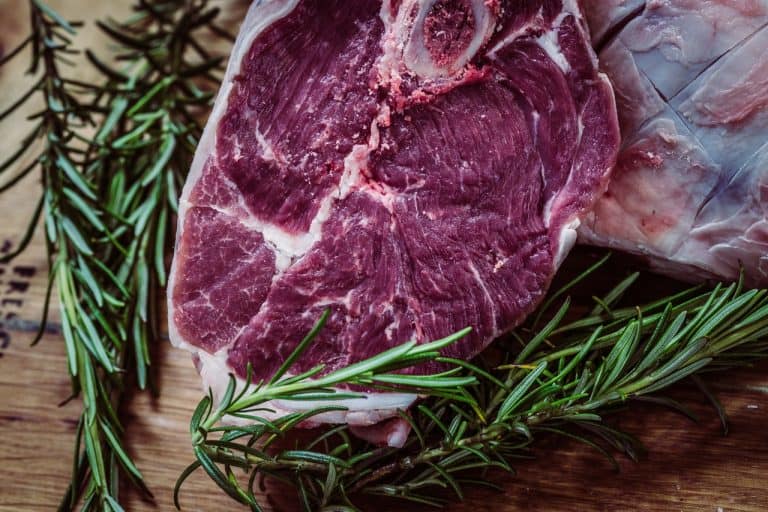Various recommendations can help you reduce prostate cancer risk, beat early prostate cancer, and lower your risk of developing aggressive prostate cancer. If you have been diagnosed with early prostate cancer, then carefully watching what you eat, keeping your weight down, and getting regular exercise can lower your risk of aggressive tumors.
For success you need to stick to four or more out of eight lifestyle recommendations that are designed to improve cancer survival. These guidelines come from the World Cancer Research Fund (WCRF). A UCLA study shows how well the factors in the WCRF plan work.
The UCLA team of researchers studied 2,212 newly diagnosed men 40 to 70 years old who followed the WCRF prostate cancer recommendations. According to the data, failure to follow at least four of the rules leads to a 38% increased risk of aggressive tumors compared to men who followed four or more WCRF recommendations.
The data were similar for both white and black patients despite black men being at a higher baseline risk of highly aggressive tumors.
8 steps to reduce prostate cancer risk
Limit consumption of red meat and processed meat. The researchers found that prostate cancer patients should keep red meat intake below 500 grams (just over 1 pound) per week. The WCRF suggests that cutting back to 300 grams per week would be even better. Red meat refers to beef, lamb, pork chops, and goat. Processed meats are meats that have been preserved by smoking, curing, salting or by adding preservatives. Examples are bacon, ham, hot dogs, pastrami, and salami.
Stay as lean as possible. Calculate your Body Mass Index (BMI) and try to maintain as low a BMI in the healthy range as possible.
Limit alcoholic drinks to two per day. For cancer prevention, they recommend not drinking at all. There is scientific evidence that alcoholic drinks cause cancer. Try to limit drinks, opt for smaller servings, dilute drinks, and alternate between alcoholic and nonalcoholic drinks.
Exercise. Be physically active 30 minutes or more each day. Try walking, swimming, dancing, yoga, tai chi, or aerobics classes. Find something you enjoy that you can fit into your daily schedule.
Eat fruits, vegetables, whole grains, and beans. These foods are full of fiber and other nutrients that can reduce risk of cancer. They are usually lower in calories and help you maintain a healthy weight.
Limit consumption of energy-dense foods. Avoid foods that are high in fat and sugar. Choose water, tea and coffee over soda and juice. Cut back on processed foods and foods low in fiber.
Limit consumption of salty foods. About 75% of the salt in out diet is found in processed foods such as ready-to-eat meals, cheese, bread, cookies, crackers, and processed meats. The other 25% is added during cooking or at the table. Use fresh food and other spices to season food. Our daily intake should be lower than 6 grams of salt per day, and we need much less than that.
Choose whole foods as part of a balanced diet over supplements. Eat a variety of fruits and vegetables, including five different vegetables and fruits each day. Balance your plant foods with protein and dairy by filling ¾ of your plate with plant foods. Supplements should not be used as a substitute for food.
Strive to follow at least four of these lifestyle guidelines/early prostate cancer recommendations as possible to reduce your risk of early prostate cancer developing into aggressive tumors. This study shows that your lifestyle choices really do add up to helping you lower your risk factors.
Read more in our Prostate Cancer Health Center.
Reference
University of California, Los Angeles (UCLA) Health Sciences. “Eating right, exercise may help prostate cancer patients reduce risk of aggressive tumors.” ScienceDaily 2013 Jun 29; Web 2013 Jul 20







